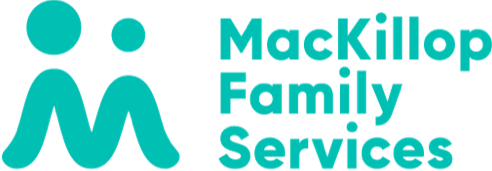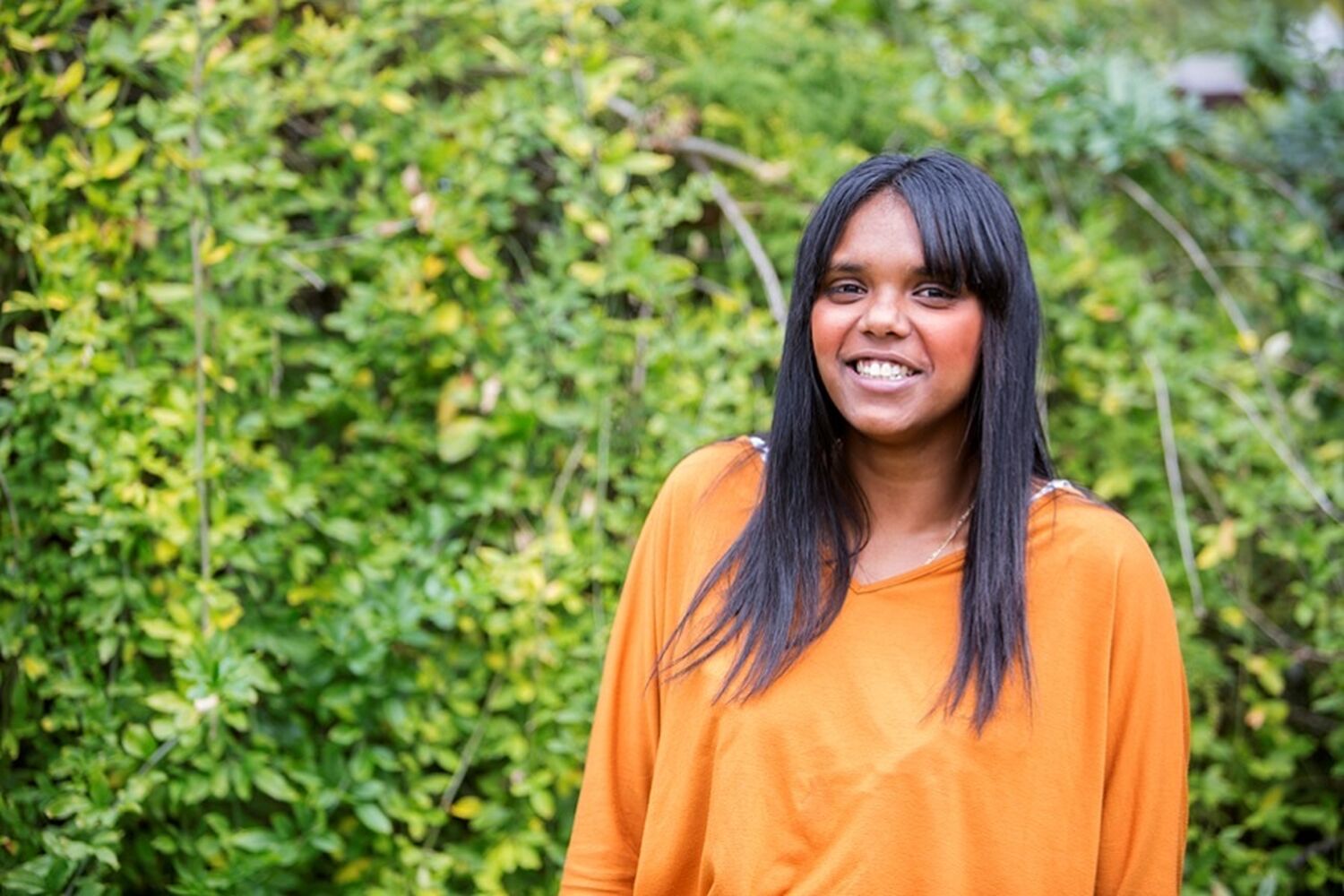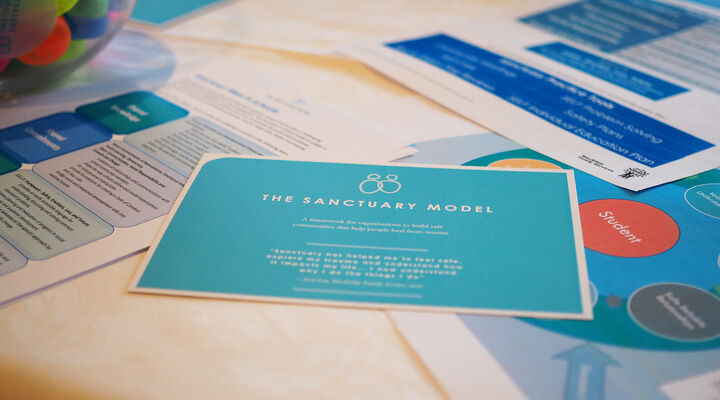Aboriginal children living in safe, resilient and culturally rich families and communities thrive and grow up with a strong sense of identity and belonging. Sadly, this is not the experience for all.
Aboriginal Trauma expert, Professor Judy Atkinson (2013) explains how colonisation – over 240 years ago – impacts Aboriginal children today: “The trauma of historical events associated with colonisation of Indigenous land can pass to children (inter-generational trauma). Even if protected from the traumatic life experiences of family, some Indigenous children, like non-Indigenous children, directly experience trauma through exposure to an accident, family violence and abuse. Although the effects of childhood trauma can be severe and long lasting, recovery can be mediated by appropriate interventions.” (Atkinson J. (2013), AIFS Closing the Gap Resource sheet 21: Trauma-informed and trauma-specific care for Indigenous Australian children.)
Providing appropriate and genuinely inclusive responses to such complex societal problems is extremely challenging for schools when they are seeking to meet the learning needs of children who have been impacted by intergenerational trauma and ongoing trauma as a result of colonisation including racism, poverty and violence.
Little has been published on how to create trauma-informed schools and even less is understood about the barriers to education experienced by Aboriginal and Torres Strait Islander communities. However, trauma-informed principles are consistent on what the evidence tells us about the needs of children and families who have experienced trauma - recognition of the impacts of trauma, safety, transparency, empowerment, choice, pathways to recovery, collaboration and cultural safety (Quadara & Hunter, 2016).
Many schools already have a strong focus on child safety. They have compliance checks, child safe policies and training for staff. Compliance and training is important, but these measures are not enough. Commissioner Robert Fitzgerald (2017) – one of six Commissioners leading the Royal Commission into Institutional Responses to Child Sexual Abuse – said there are three elements critical to creating and sustaining child safe environments: governance, leadership and culture. “You can have all the policies and procedures in the world, but if you don’t have the right culture, you will fail,” he said.
A safe whole school culture is essential, particularly for Australia’s First People who have survived generations of cultural trauma; other survivors of traumatic events, like refugees; and children with sensory needs, like autism. What we know is that trauma causes ‘injury’ to the developing brain and impedes self-regulation, positive relationships with others and a view of the world around as safe (Bloom & Farragher, 2013). This knowledge guides MacKillop Education in creating culturally, physically and emotionally safe and inclusive schools and helping other schools to do so.
MacKillop Education schools, delivered by MacKillop Family Services, support children in Geelong, Maidstone and Caulfield who are disengaged or at risk of becoming disengaged from education. MacKillop Education has been implementing a culture and trauma-informed model in their schools for six years, in consultation with Aboriginal Torres Strait Island representatives identifying what cultural healing looks like in schools.
Wungurilwil Gapgapduir Vision
All Aboriginal children and young people are safe, resilient, thriving and living in culturally rich, strong Aboriginal families and communities. Where this is not possible, that they are strongly connected to their culture, community and mob. That the voice of the Aboriginal child is heard and listened to, so that generational change can be achieved that will see more children returning home.
Esmai Manahan, MacKillop Family Services National Director for Aboriginal & Torres Strait Islander Service Development, contributed to the writing of Wungurilwil Gapgapduir and is guiding MacKillop’s cultural competence. Wungurilwil Gapgapduir marks the first tripartite agreement between the Aboriginal community, the child and family services sector, and the Victorian Government. “The best thing for Aboriginal children is to be connected to culture, country, family and community. MacKillop Family Services is committed at the highest level, to incorporating the Cultural Principles of Self Determination through culturally competent and safe services. To help achieve this, all MacKillop staff receive cultural awareness training.”
Out of their extensive experience, MacKillop’s Educators have developed their own cultural and trauma-informed school model, called ReLATE: Rethinking Learning and Teaching Environments. The ReLATE Model is a commitment, as a school community, to sustainable cultural change that increases safety, improves wellbeing and counters stress to enhance learning for everyone. Implementing the ReLATE Model guides schools to achieve their own school vision and values while recognising the significance of cultural and other forms of trauma and the healing role of connection to culture. ReLATE creates cohesion between these values, school policies and practices and State and Catholic Education System requirements, for greater staff and student safety, inclusion and optimal learning.
MacKillop’s belief in the power of a culturally safe and trauma-informed whole school culture has paid off - not only for students and families but for staff as well. The early findings of the independent evaluation of ReLATE, headed by Professor of Education Jo Deppeler, Monash University, show highly positive responses of teachers to the recognition of and better understanding of trauma, as well as changed practice. Findings from parents and students testify that staff are responding to student difficulties in a culture and trauma informed way too. “Teachers here get it,” reported a student at MacKillop Education’s school in Geelong.
To find out more about ReLATE, contact MacKillop Family Services on 03 8687 7448.






